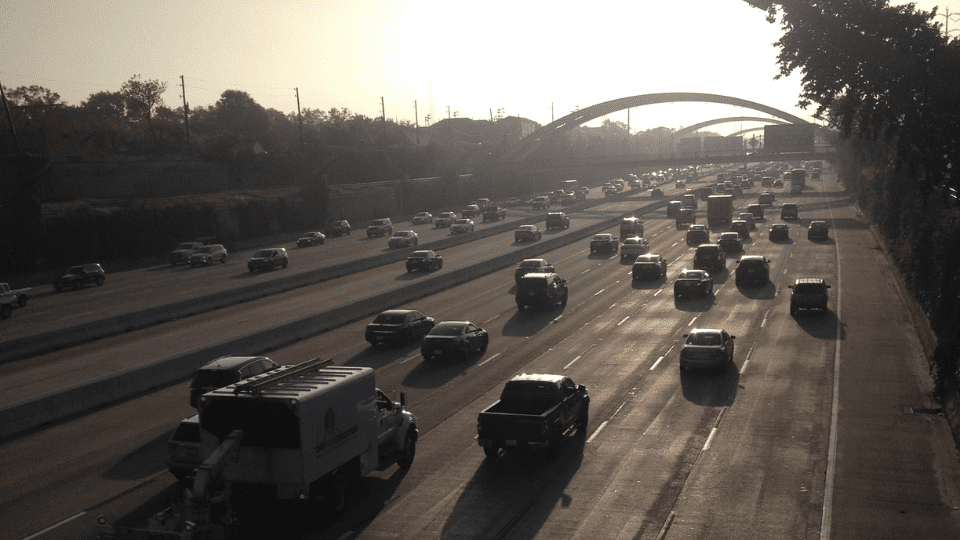Houstonians should be able to enjoy our parks, pools and trails. We should be able to throw birthday parties outside and only worry about mosquitoes.
But all the smog in our air is threatening our health when we do. The Houston region has never met the federal health-based standards for smog, also known as ground-level ozone pollution. The American Lung Association has never given us a passing grade. This year, we got another “F.”
For another year our state environmental agency isn’t doing much about it. We need the U.S. Environmental Protection Agency to step in for our sake and say that the problem is severe.
Tell EPA to protect Houston’s air
In Houston, where industrial emissions mix with the exhaust from our cars and trucks and react in the sun and heat, smog is a serious problem. It’s worst during our long summers, when we want to be outside, swimming and running, biking and barbecuing, and it’s the hardest on children and people who are exercising.
Scientists have linked smog to asthma, heart failure, reduced lung development and even early death. On smoggy days, emergency room trips tend to go up, causing us to have to miss work and school — and it’s only getting worse as our climate changes and our summers grow even hotter and even longer.
The EPA is looking to redesignate the Houston region as a “severe” violator of federal health-based standards for ozone, developed in 2008. This would require the state of Texas and the Texas Commission on Environmental Quality to develop a plan to do a lot more to cut the lung-burning pollution.
Send comments to ensure that EPA follows through
We already know the problem is severe. We feel the dirty haze when we breathe and watch our children cough and wheeze. Smog season overlaps with hurricane season, leaving not a single month in Texas when our environment isn’t threatening our health and safety and the development of our children.
The EPA needs to tell the state what we already know. The smog problem is severe, and we want action.
But the Ozone layer is good; it protects us from the sun’s UV rays!
Well, yes, the stratospheric Ozone layer does do that. Still, we are talking about ground-level ozone, aka smog. Smog is made up of Volatile Organic Compounds (VOC)s – reactive chemicals that can create harmful compounds when reacting with other substances. For example, gas powered engines emit VOCs including benzene, acetaldehyde and 1,3 butadiene and more which, especially in Houston’s car-centric metropolitan area, is a big problem.

